Affiliate links on Android Authority may earn us a commission. Learn more.
What is Google Duplex and how do you use it?
Published onApril 4, 2024
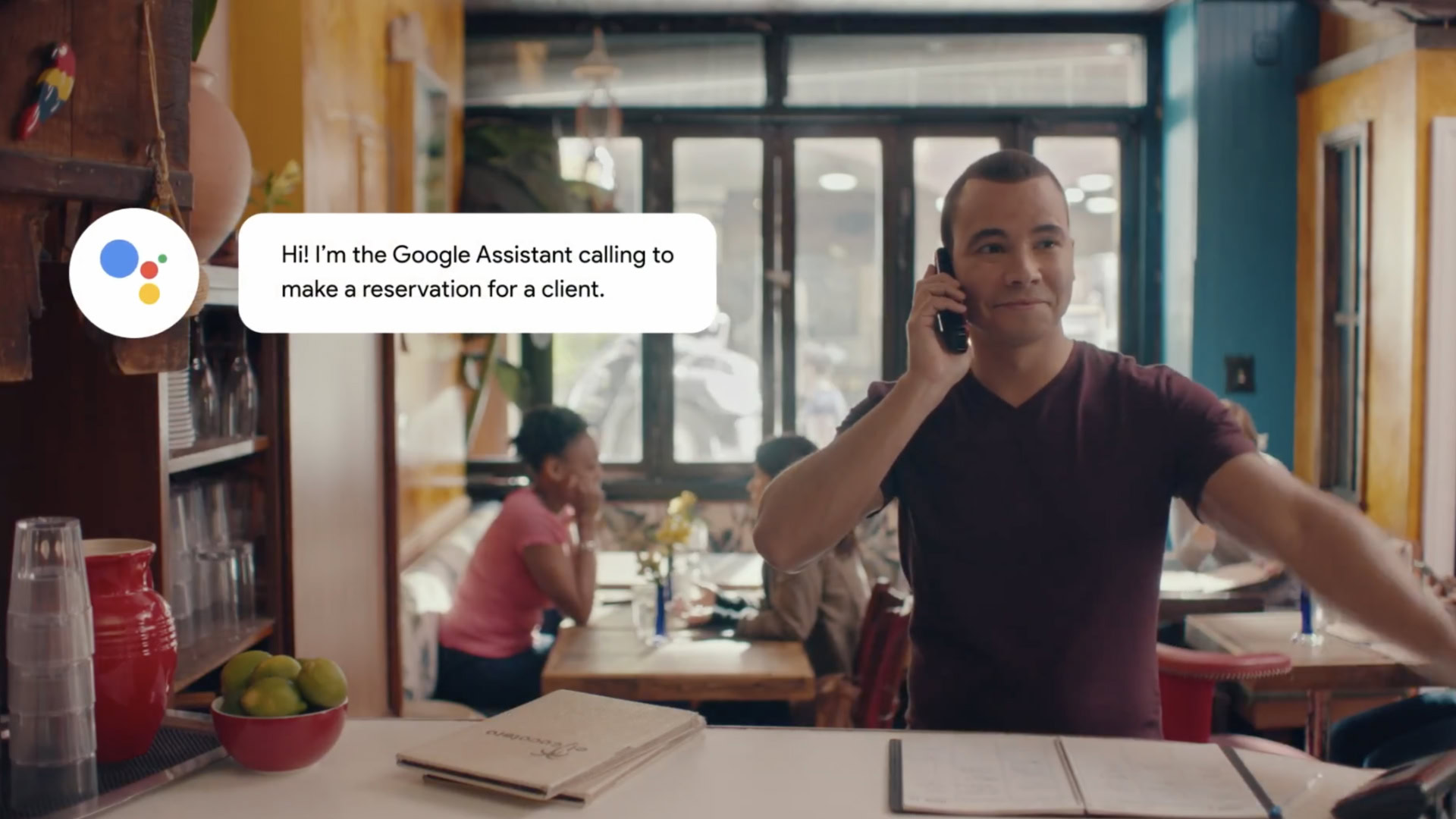
Before Google Gemini drew the focus of the company’s generative AI moves, an exciting technology broke cover in 2018. Called Google Duplex, the technology remains active in most of the US, as well as a select group of countries around the world. At first, it was narrowly focused on restaurant reservations, but its use has since expanded to other tasks, including general appointments and restaurant wait times. In this article, I explain Google Duplex in detail, telling you where it’s live and which devices it supports. Finally, I’ll tell you how to use Duplex to book an appointment.
Note that Google doesn’t use the name “Duplex” anymore — typically, it just refers to “phone calls from Google Assistant.” However, for brevity, I’ll continue to refer to the technology by its initial name.
What is Google Duplex?
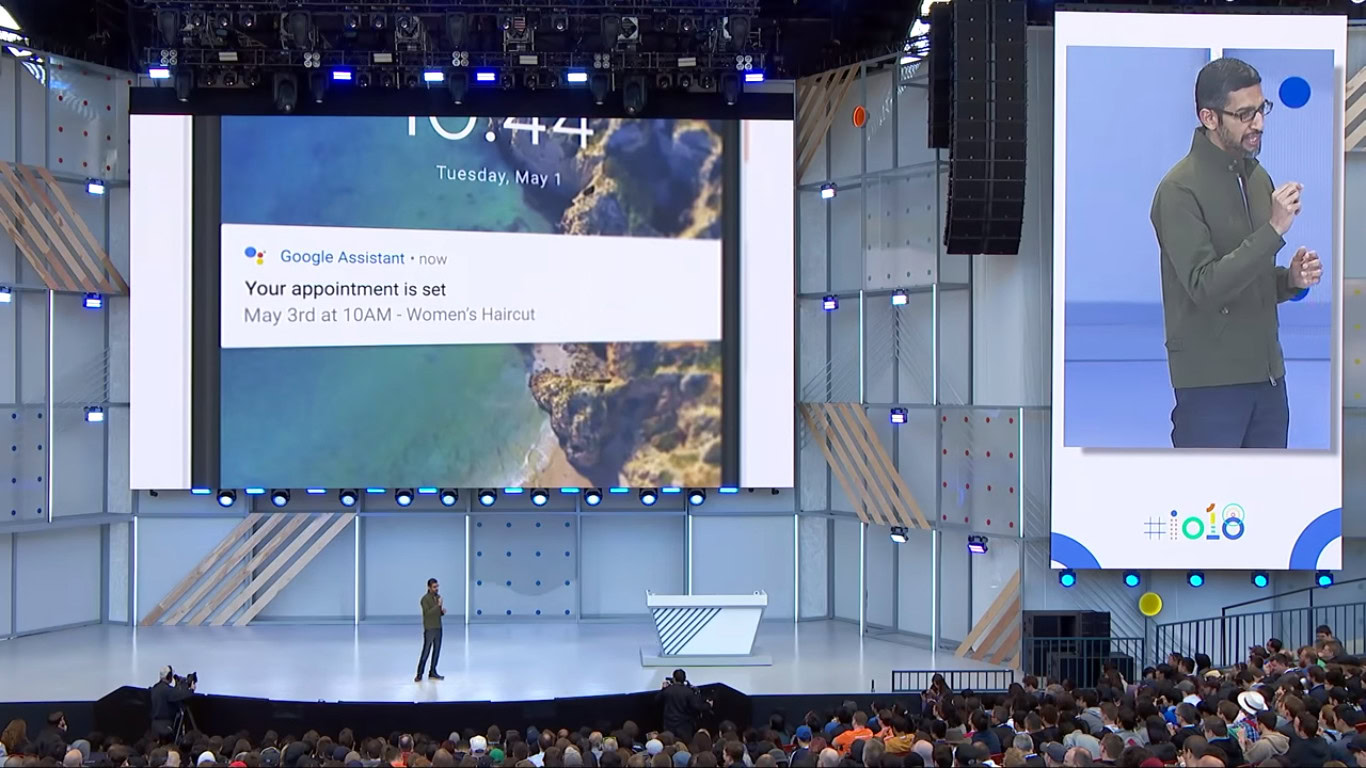
Google Duplex was first announced by CEO Sundar Pichai during the May 2018 Google I/O developers conference. He showed how the service used an AI-driven voice to make phone appointments without any interaction from the user. The AI was able to understand someone on the other end of the line and respond with correct answers to questions, and insert “ums” and pause breaks to make itself sound like a real human.
Google later released a video demonstrating how users could tell Google Assistant to set up a restaurant reservation. In the clip, after a call is placed, Assistant sends a notification letting the user know that a reservation is booked.
In November 2018, the company announced that Google Duplex was rolling out to a select number of public users in a few US cities. However, changes were made to address controversies, forcing Assistant to identify itself and informing call recipients that they were being recorded. Businesses can opt out of Duplex entirely.
In 2019, Google introduced various Duplex features to the web, expanding its functionality. That web tech was discontinued at the end of 2022, but the voice component remains a unique feature of Assistant compared to rivals like Amazon Alexa and Apple’s Siri.
Where can you use Duplex?
As of April 2024, Google Duplex works in 49 US states, according to Google’s support site. The only exceptions to US coverage are the territories and Louisiana. Outside the US, supported countries currently include:
- Argentina
- Australia
- Brazil
- Canada
- Chile
- Colombia
- France
- Germany
- India
- Japan
- Mexico
- New Zealand
- Peru
- Spain
- United Kingdom
- Venezuela
Appointment bookings and restaurant wait times are only supported in the US. Other features may vary from region to region.
Which devices support Google Duplex?
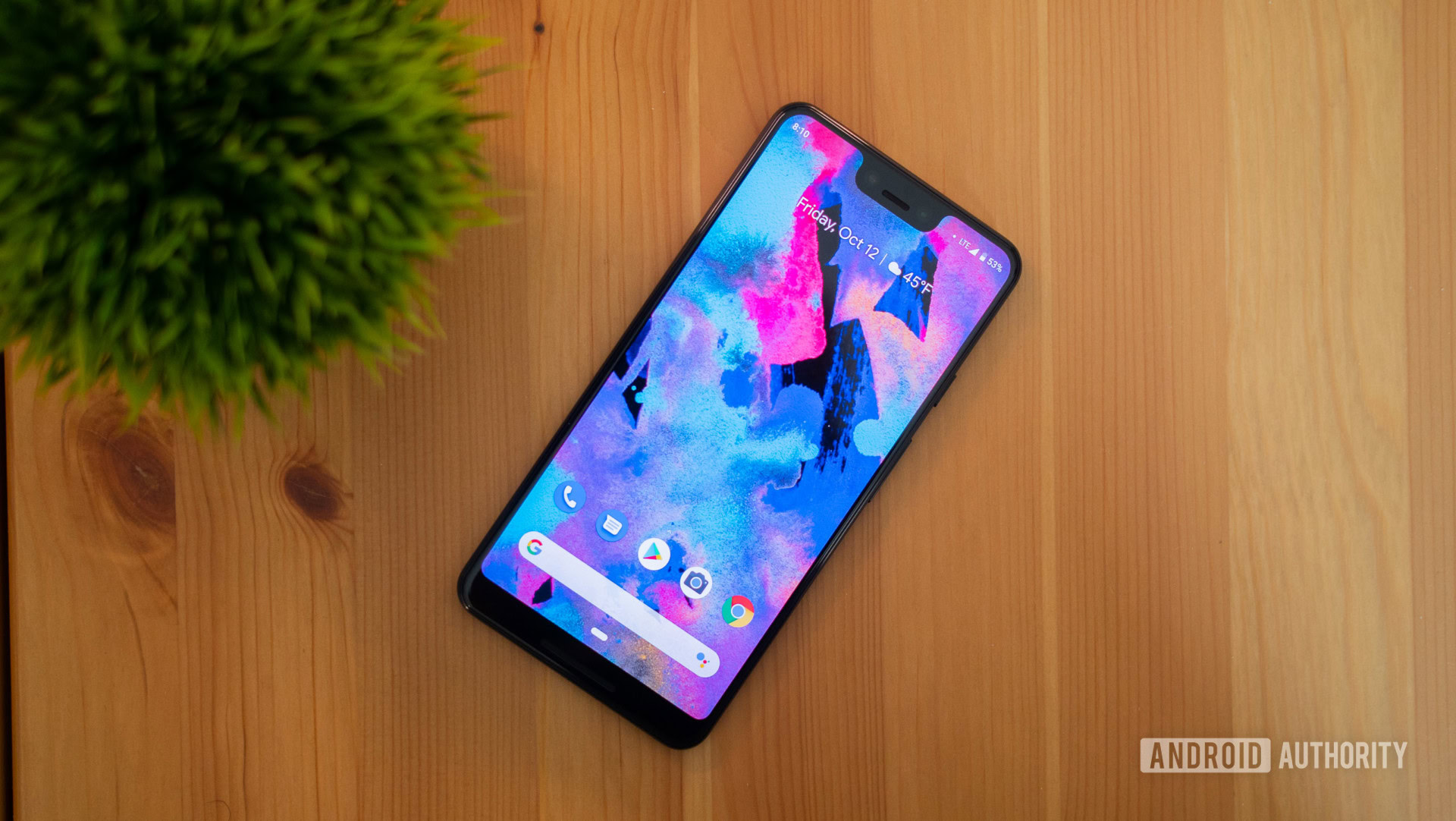
Google Duplex was first launched for owners of Google’s early Pixels. The feature should now be available on any device with the Google Assistant app and access to Search or Maps. That’s quite a spectrum, including the latest Pixel models, Android devices, iPhones, and Google-based smart home devices.
What can you do with Google Duplex?
Currently, Duplex features include restaurant reservations and wait times, setting up haircuts, holding in a phone queue, or checking store stock for an in-demand item. In the future, the service could do a lot more, since Google is only really limited by the power of its AI.
A minor feature is the ability to check business hours. Still, since regular times are often listed in Google Search or Maps results, the option is handy mainly during holidays or emergencies.
I’ll once again mention that appointment bookings and restaurant wait times only work in the US so far, and access to other features may vary from region to region.
How to use Duplex to book an appointment
Assuming you’re in the US (excluding the territories and Louisiana), you probably have all you need to start. Here’s what to do:
- On your phone or smart display, activate Google Assistant. iPhone owners will have to open the appropriate app.
- Ask Assistant for a relevant appointment, such as a haircut or restaurant reservation. In the case of restaurants, you might say something like “Book a table at Fuijyama” or “Make me a reservation at Dorsia.”
- If you haven’t named a particular business, Assistant may give you a list of options, though not all of them will support Duplex. It may take a few tries to find one that does, so be prepared to call again another day.
- With a participating business selected, Assistant should ask you what date and time you’d like, and (as relevant) your party size and/or the service you want. It may also ask you for an alternative time in case your first isn’t available.
- Confirm that you want to make the call.
Duplex’s AI should do all the rest. After it finishes, Assistant will inform you that your appointment is set up. If Duplex can’t reach the business, Assistant will let you know that, too.
If for some reason you have to cancel, you can say “my reservations” to Assistant, select your booking, then find the Cancel option. You can also manage things via the Reserve with Google website.
Hold For Me
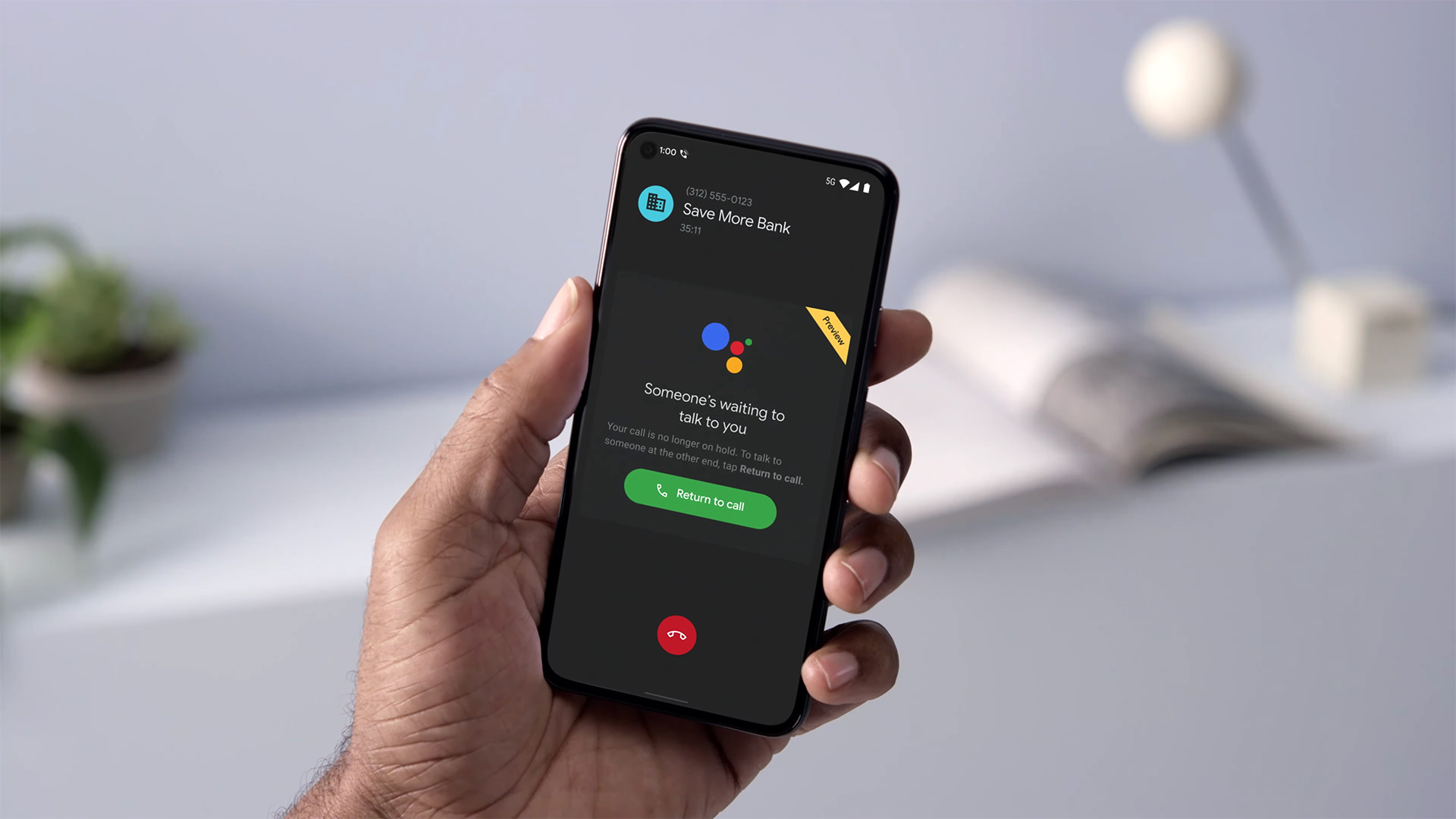
Powered by Duplex, Hold For Me can keep your place in a phone queue while you go about your day. When someone finally speaks, the feature will tell you it’s time to talk again with an onscreen message and a Return to call button.
Hold For Me is currently only available in English and only for the US, Australia, and Canada. You’ll also need an Android phone, beginning with the Pixel 3 or later. You may have to enable the feature in Phone settings (Phone > More > Settings > Hold For Me) for it to appear as an option, and you’ll need to take your phone out of silent or vibrate mode. Music and other audio won’t play while Hold For Me is active.
Be aware that Hold For Me can potentially miss when a representative comes on the line. If a call is mission-critical, you may want to stick it out.
The limitations of Google Duplex
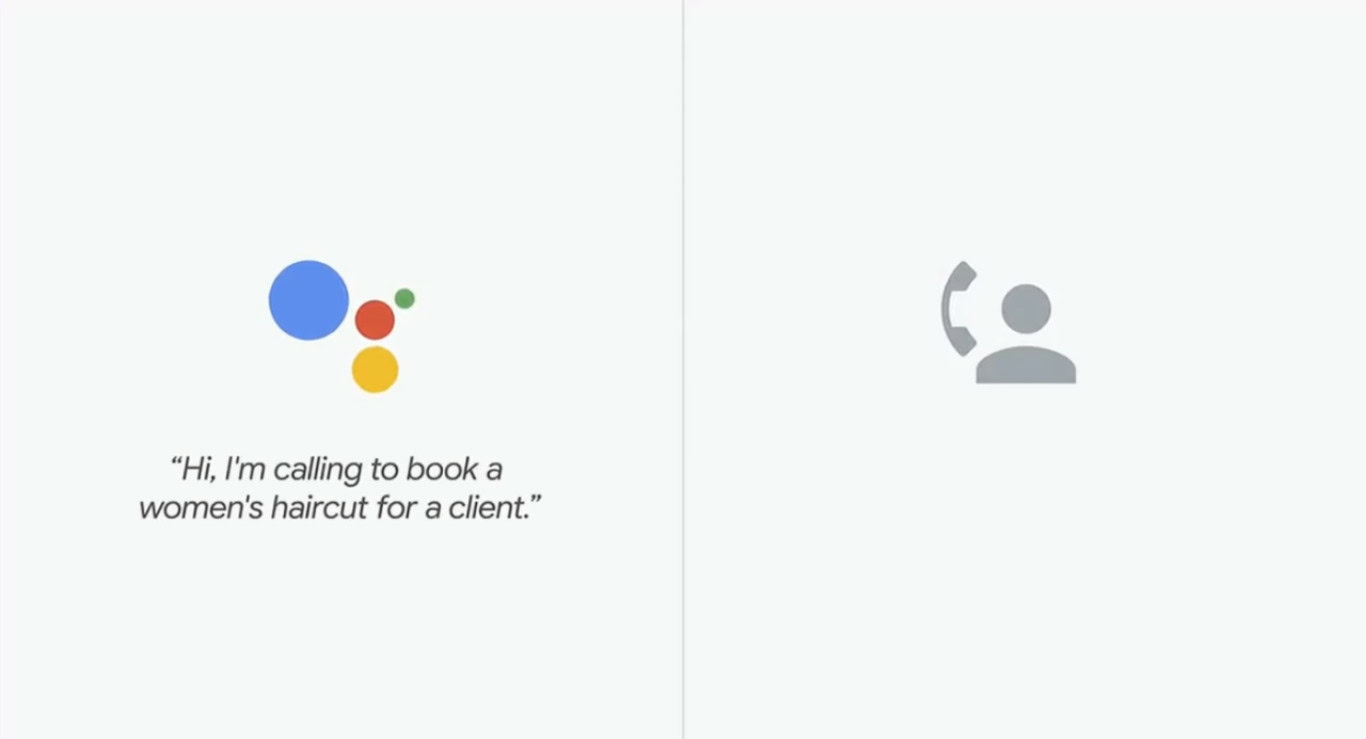
Perhaps the biggest limitation is that there’s no telling which businesses support Duplex until you try calling them. The AI’s functions are continually evolving, and even when a business type is supported, companies can always choose to opt out. When you go to book an appointment, assume you’ll end up talking to a human.
You also can’t hear the recordings of calls Duplex makes on your behalf, nor can you get a written transcript. There’s no word if Google will let people get that information in the future.